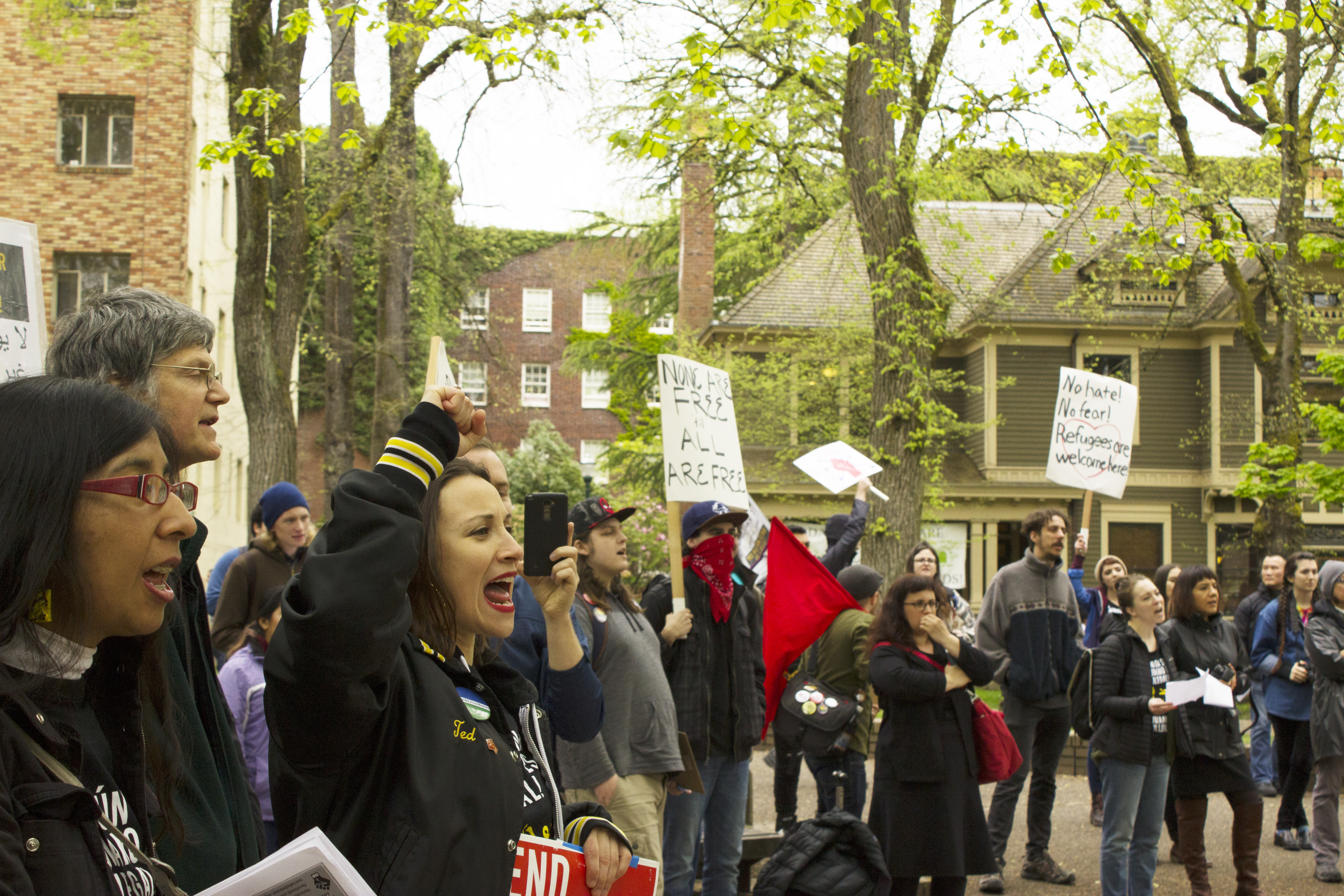Be our guest
Last month, the University of Chicago – one of our nation’s most esteemed universities – altered its core curriculum in Western civilization. The course will now require only two courses, instead of three. The course of study will not include ancient Greece and Rome, eras that are the foundation of Western civilization and indispensable topics of study for understanding it. And fewer students will be able to take the course, as the number of sections will be cut 80 percent.
Today, it is more important for our young people to know about our culture than ever before. In times past, nations fought other nations, meaning that citizens were obligated to know the history of their own country. But now a militant Islamic movement has declared war not only on America as a nation but on the Western civilization it represents. And if we do not know about that civilization, we will not know well why it is worth defending.
Soon after Sept. 11, Silvio Berlusconi, the prime minister of Italy, asserted that Western civilization was “superior” to that of Islam. As you might expect, the guardians of political correctness were up in arms: “Simply unacceptable” and “deeply dangerous rantings,” complained the Washington Post; other newspapers and international leaders added that the comments “were “absurd,” “Neanderthal,” “disgusting” and “outrageous.”
Put aside the question of whether Berlusconi’s remarks were impolite; let us focus on the simple question of whether they were true. Is it the case that Western civilization is superior to Islamic civilization?
It is hard to look at the world today and argue that it is otherwise. The Western world has led to a standard of living unprecedented in human history. It has guaranteed a system of rights and liberties for men and women that are all but unknown in the Islamic world.
Scientific progress has benefited rich and poor, young and old. Throughout the Western world, there is a degree of human flourishing that is absent from the suffering that characterizes life for so many in the Middle East.
As Berlusconi himself said, Western civilization “has guaranteed well-being, respect for human rights and … respect for religious and political rights”; it is a “system that has as its values understandings of diversity and tolerance.” And while he was wrong to deny that such “respect for human rights and religion” existed anywhere in the Islamic world, it is all but inarguable that such respect is the rare exception, and certainly not the rule.
Islamic civilization does have a noble heritage of its own. During the Middle Ages, for instance, Islamic scientists and philosophers made contributions that remain valuable. Yet for the past several centuries, as the eminent historian Bernard Lewis reminds us, Islamic civilization has remained stagnant, while the West has flourished.
I believe that one reason the West has flourished while Islamic civilization has remained stagnant is that the spirit of democracy and liberty in the West encourages questioning, debate and progress. Our intellectual tradition is not monolithic; it is, rather, an ongoing conversation.
As Berlusconi said, we value diversity – especially intellectual diversity – and tolerance in a way that no other civilization does. Western civilization demands inquiry and leads to progress at a rate and of a degree previously unknown to mankind. The tradition of liberalism and liberal education in the West has led to human liberation to think, to dream, to live.
Our students ought to learn that. They ought to learn about different civilizations, of course, but they must learn about their own. And they must learn that their own civilization offers unparalleled advantages compared to others. Only if our children and our students understand that truth will they will be willing (and able) to defend it, militarily and intellectually.
William J. Bennett is co-director of Empower America and author of “Why We Fight: Moral Clarity and the War on Terrorism.”



